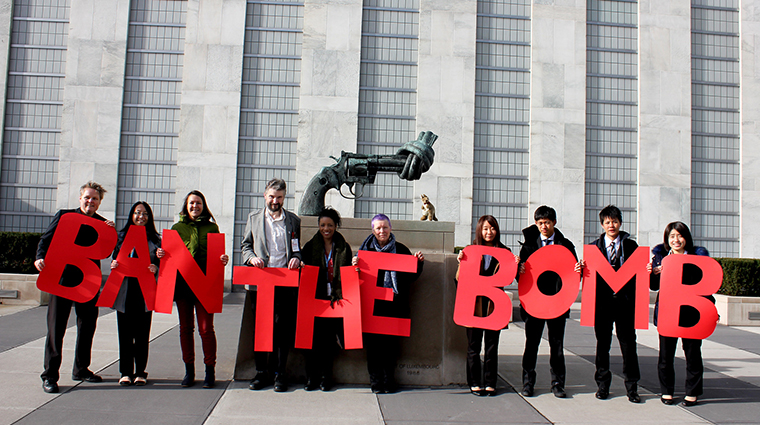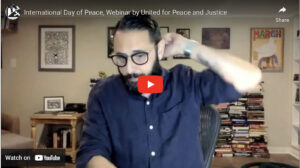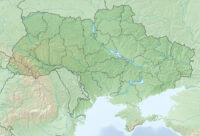On United Nations Day, October 24, Honduras became the 50th country to ratify the Treaty on the Prohibition of Nuclear Weapons (TPNW), bringing the total number of ratifications to 50 and meeting the threshold for the Treaty’s entry-into force.
With entry-into-force on the horizon, on October 23 the Permanent Missions of Austria, Brazil, Costa Rica, Indonesia, Ireland, Mexico, New Zealand, Nigeria, South Africa and Thailand hosted a (virtual) special ceremony on the TPNW. During the event, two new states parties, Jamaica and Nauru, were welcomed to the Treaty, bringing the total number of ratifications to 49.
The TPNW opened for signature at UN headquarters in New York on September 20, 2017. Now that 50 nations have ratified the Treaty, in 90 days it will enter-into-force for those countries. As of this writing, 84 countries have signed the Treaty. Additional ratifications are expected.
On October 24, UFPJ member groups Lawyers Committee on Nuclear Policy (LCNP) and Western States Legal Foundation (WSLF) issued a Statement welcoming the imminent entry-into-force of the TPNW. LCNP and WSLF are affiliates of the International Association of Lawyers Against Nuclear Arms, a partner of the International Campaign to Abolish Nuclear Weapons. Both groups took part in TPNW negotiations.
In late 2018, President Trump, referring to the U.S. nuclear stockpile, warned: “Until people come to their senses, we will build it up. It’s a threat to whoever you want… it includes China, and it includes Russia, and it includes anybody else that wants to play that game…. We have more money than anybody else by far…. We’ll build it up until they come to their senses.
On July 7, 2017, at the UN, the majority of the world’s countries adopted the TPNW to prohibit the possession, development, testing, use and threat of use of nuclear weapons. The vote, by 122 to 1, unambiguously demonstrates—by one measure – that most of the world has indeed come to its senses regarding nuclear weapons. Read the text of the treaty here.
One of the strengths of the TPNW is its focus on the humanitarian impacts of nuclear weapons and the clear recognition during the negotiations that there could be no adequate response to any use of nuclear weapons. From the preamble:
“Cognizant that the catastrophic consequences of nuclear weapons cannot be adequately addressed, transcend national borders, pose grave implications for human survival, the environment, socioeconomic development, the global economy, food security and the health of current and future generations,….”
This comes into sharp focus as we experience the unfolding reality of governments and public health systems completely unprepared to respond to the coronavirus pandemic and looming global economic collapse.
But we stand at a nuclear crossroads, in a starkly divided world. While the TPNW represents the total repudiation of nuclear weapons by most of the states that don’t possess them, the U.S. and the eight other nuclear-armed states boycotted the negotiations, along with Japan, Australia, South Korea and all but one of the 28 NATO member states – all countries under the U.S. nuclear umbrella. In a joint statement following the vote, the U.S., France, and the United Kingdom declared: “We do not intend to sign, ratify or ever become party to [the Treaty].” (Note: the majority of the world’s population lives in nuclear-armed countries or countries under the U.S. nuclear umbrella; these are also the world’s largest economies.)
In October 2016, President Obama’s UN Ambassador, Robert Wood, condemned the TPNW in the General Assembly: “Advocates of a ban treaty say it is open to all, but how can a state that relies on nuclear weapons for its security possibly join a negotiation meant to stigmatize and eliminate them”.
Shockingly, as the number of ratifications approached 50, it was reported that the U.S. had sent a letter urging countries that have ratified the TPNW to withdraw their support. According to the Associated Press, the letter says the five original nuclear powers — the U.S., Russia, China, Britain and France — and America’s NATO allies “stand unified in our opposition to the potential repercussions” of the Treaty.
At the opposite end of the spectrum, Hiroshima A-bomb survivor Setsuko Thurlow, speaking during the October 23 UN event, declared:
“The Treaty on the Prohibition of Nuclear Weapons will open a new door, wide. Passing through it we will begin a new chapter in our struggle — with a mighty embrace of gratitude from those we have lost, and a heartfelt welcome from those who are yet to come. The beginning of the end of nuclear weapons has arrived! Let us step through the doorway now!”
Click here to watch the recording of the October 23 UN event on the TPNW. Setsuko Thurlow is introduced at 38:06.



